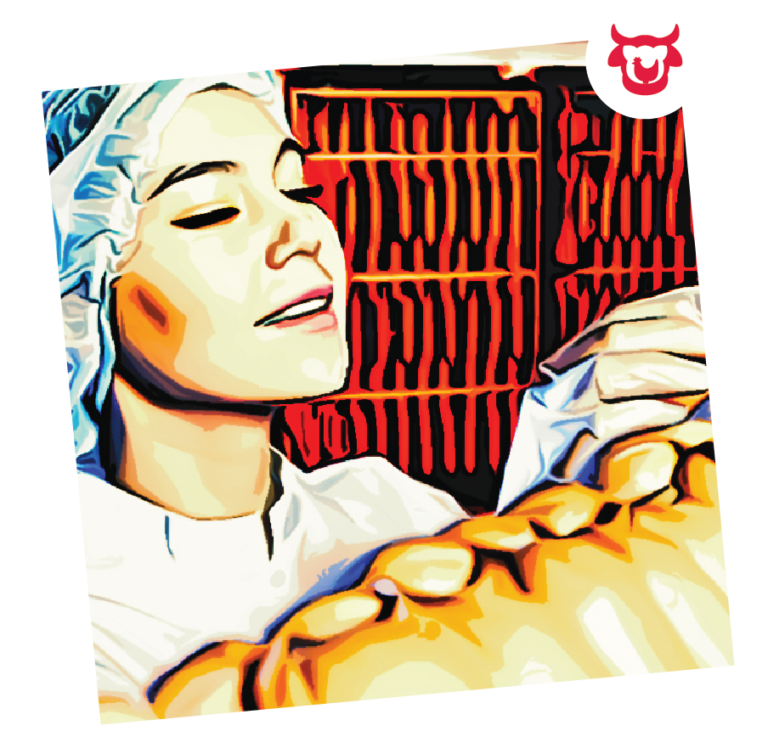
Lorem ipsum dolor sit amet, consectetur adipiscing elit. Ut elit tellus, luctus nec ullamcorper mattis, pulvinar dapibus leo.
$37k+ annually
$19 per hour
$64k+ annually
$33 per hour
$83k+ annually
$43 per hour
*Annual salary calculated by 37.5 hr work week, and by a 52 weeks per year
Monitoring daily operations and food safety compliance of the employees
Ensuring that facilities are adhering to regular standards such as GMPs, SOPs and SSOPs.
Performing daily maintenance inspection
Grading different types and cuts of meat
Communicating with regulatory officials, compliance auditors, safety inspectors and other external facility personnel
Directing and performing shelf-life studies for material freshness, molding, aging and preservation.
Performing quality control checks.
Examining samples and sending them to testing labs for routine checks, as well as preparing reports about test results.
Managing nutritional labeling requirements
Managing vendor certification programs
Monitors final products, packaging, storing and shipping